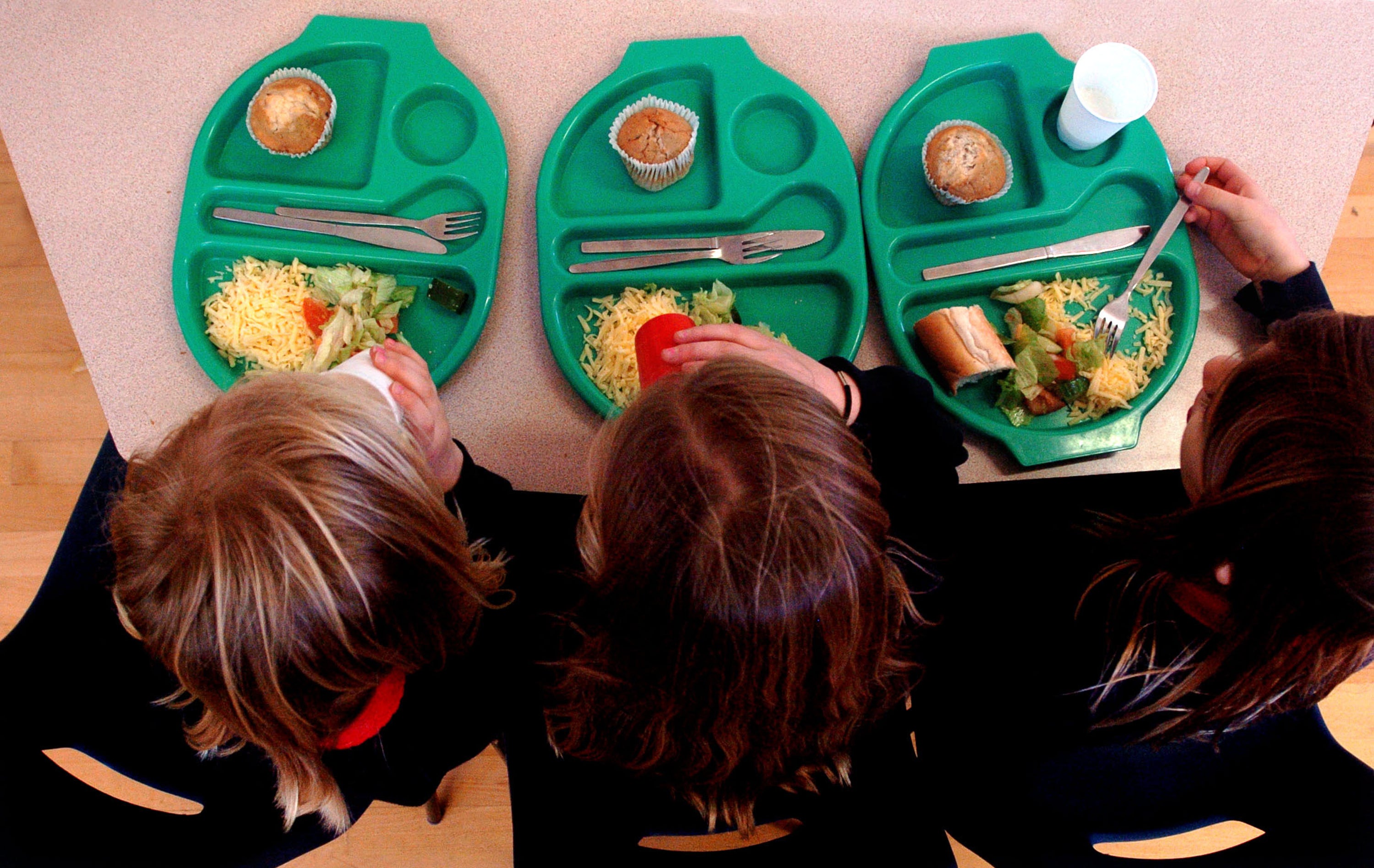Growing number of children leaving primary school underweight, new data says
Obesity in reception-age children also twice as high in deprived areas compared to affluent parts of England

The number of children in their final year of primary school who are classed as underweight is on the rise, according to new NHS data which lays bare health inequalities in England.
Though a small percentage of children, the number of year 6 children in England who are underweight has been increasing each year since 2020/21, an NHS report published on Tuesday found.
While 1.3 per cent of children in the final year of primary school were underweight in 2009/10, this has now increased to 1.7 per cent in 2023/24.
More girls than boys are underweight when they are in year 6; accounting for 1.8 per cent of girls and 1.5 per cent of boys.
For children in reception, the number of underweight children has remained level at 1.2 per cent since 2021/22.
There is also a growing problem with severe child obesity, data from the National Child Measurement Programme for England found.
One in five children in year 6 were classified as obese in the school year 2023/24, and 13.8 per cent were overweight. This equates to over 134,000 children in year 6 living with obesity.
Hotspots for childhood obesity included Knowsley, where 30.7 per cent of year 6 pupils are obese, and Wolverhampton and the London borough of Barking and Dagenham.
The prevalence of obesity in year 6 children has dipped slightly in the past year - from 22.7 per cent in 2022/23 to 22.1 per cent in 2023/24.
There is a strong relationship between deprivation and obesity, the report found.
Obesity was over twice as high (12.9 per cent) in reception children living in the most deprived areas in England than those in the least deprived (6 per cent). This rose to four times as high for reception-age children with severe obesity.
In the most deprived areas, severe obesity among children is getting worse, and is higher than it was pre-pandemic.
Responding to the figures, the Local Government Association, which represents councils, warned that money from a tax on the soft drinks industry was not being used to tackle obesity and promote physical activity.
They are proposing that the tax is expanded to milk-based drinks, such as milkshakes and high-sugar coffees.
Professor Simon Kenny, NHS England’s national clinical director for children and young people, said: “These latest figures continue to concern me as they show almost one in ten children are now classified as obese in their first year of school.
“The NHS cannot solve this alone and continued action from industry, local and national government, and wider society together with the NHS is essential to help create a healthy nation.”
Join our commenting forum
Join thought-provoking conversations, follow other Independent readers and see their replies
Comments
Bookmark popover
Removed from bookmarks